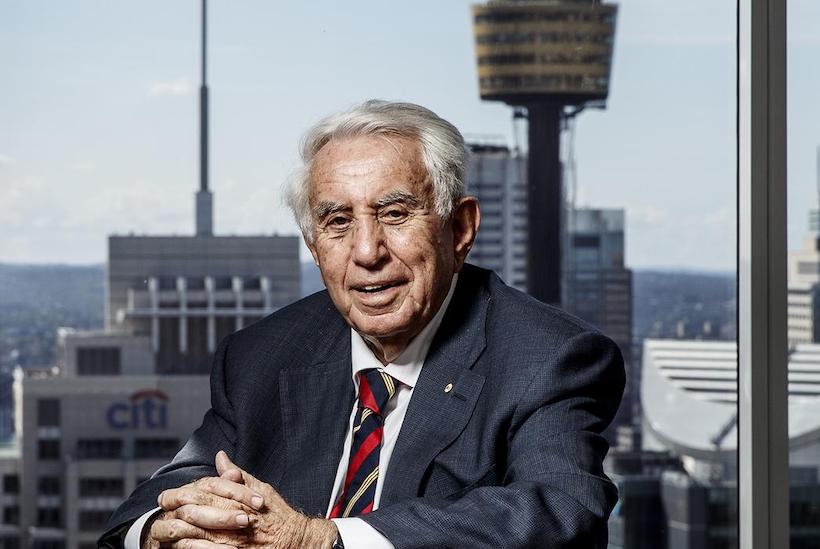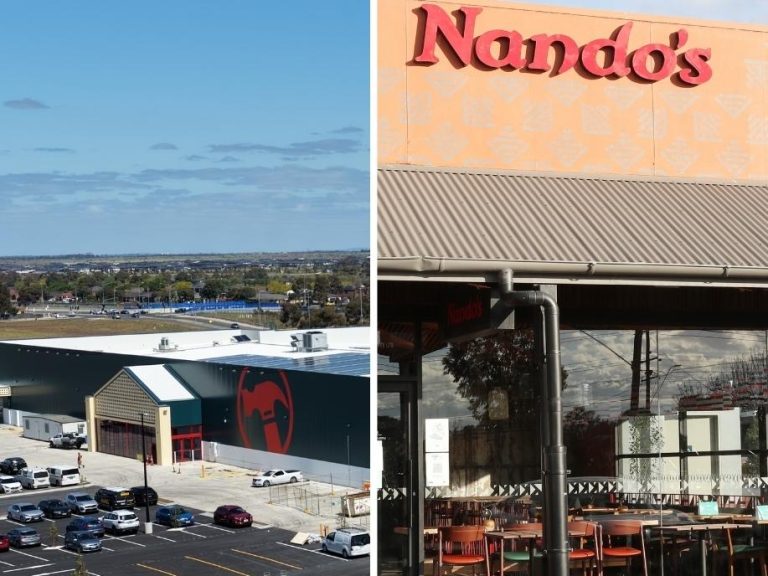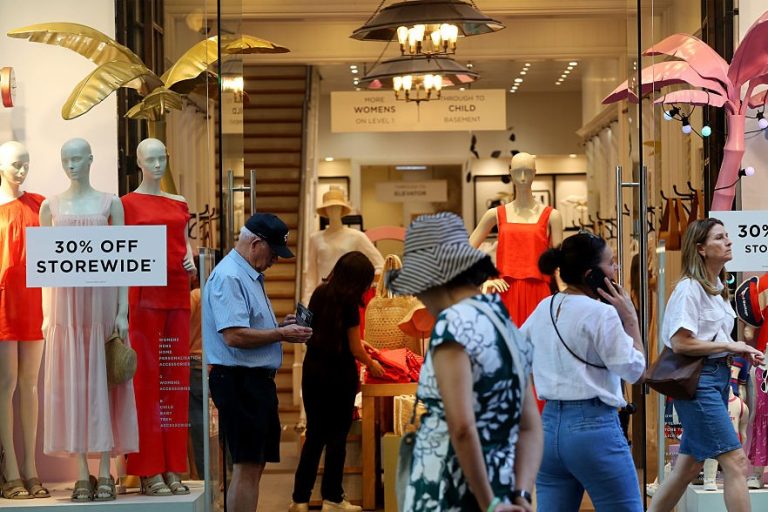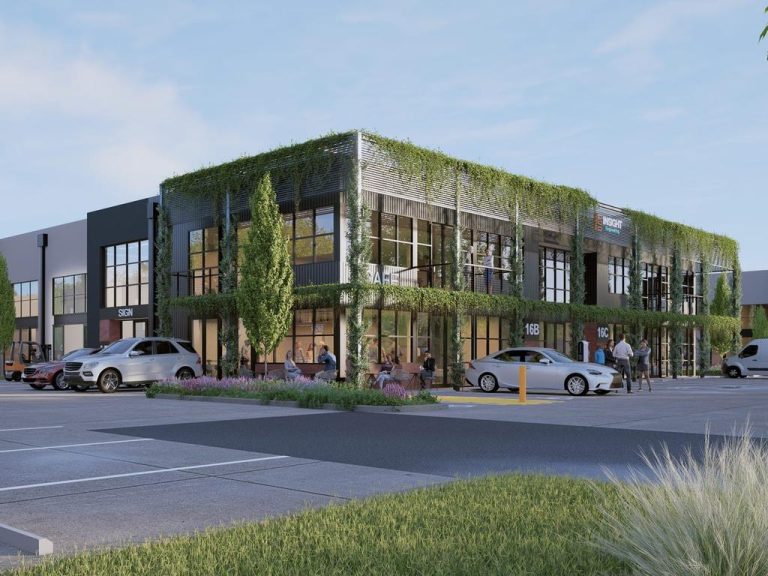Harry Triguboff’s Meriton suffers $300m loss in profit

COVID-19 and councils taking land from Meriton for community use have caused a huge fall in profits for billionaire Harry Triguboff’s apartment building empire.
According to financial documents lodged with the corporate regulator on Tuesday, profit for Meriton Properties slumped almost 95 per cent from $356m in 2019 to $19.4m this year.
Revenue for the group, which is at present building 3000 apartments on the eastern seaboard, fell by about $300m to about $1.45bn.
While sales of Mr Triguboff’s apartments slowed and occupancy rates at his serviced apartments fell dramatically as travel virtually stopped at the height of the pandemic, Meriton’s balance sheet has proven to be quite resilient compared to other businesses.
More than half of the profit fall is attributed to the value of the land Meriton has had to effectively give away to local councils at the developments, which are mostly dotted around Sydney. The land has been used as parks, for community use and for roads and carparks.
The value of the land was written down accordingly and hit Meriton’s financial results.
The Meriton balance sheet also took a hit of almost $100m as a result of the declining value of the Australian-listed shares and structured products and bonds Mr Triguboff owns, which were affected by the falling stockmarket in the second half of the 2020 financial year.
There was also a revelation of a $67m payment to the Australian Taxation Office in the accounts, the result of Meriton signing a settlement deed in September regarding a dispute over tax payable between 2014 and 2017.
The payment included shortfall interest charges and penalties.
But Meriton was able to withstand declining apartment sales and emerge at the end of the financial year with a net asset base of about $4.21bn, up from $4.19bn a year earlier. The group paid down more than $200m in debt, ending the year with interest-bearing liabilities of $243m compared with $450m a year earlier.







